Professor Spotlight: Santo Marabella
Dr. Santo Marabella is currently professor of management in Moravian’s department of economics and business, serving in that position since 1992. He earned his B.S. in business management from Villanova University in 1982 and earned his MBA from St. Joseph’s University in 1984. In 1991, he earned his doctorate in social work (DSW) from the University of Pennsylvania. He can often be seen on campus with Rafaelle, his flat-coated retriever.
What inspired you to go into your field of study?
It’s kind of unconventional because as a person that teaches management, I don’t strictly have degrees in management and business. I have a B.S. in management, my MBA, and my doctorate in social work. And it’s because I’ve always had this interest in community and volunteer organizations. A good friend of mine, who was a bit of a mentor, told me that organizations like that still have to be professional, efficient, and achieve goals. That inspired me to go the track that I did. What also inspired me was the idea of using knowledge to make a difference. Becoming a management professor with a background in social work was all about the principles of treating people well and applying it to business.
What research are you currently working on?
I’ve shifted in my focus. Initially, I was doing a lot with not-for-profit organizations both nationally and regionally. I enjoyed that, but, as with anything, sometimes you get burnt out. I wanted to do more creative things, because I’d always been interested in music and theater and had always written plays. I’ve seen that theater, films, and television can have implications for businesses and organizations. So a lot of my work these days is plays, screenplays, and teleplays. The themes of these can be related to the workplace. [For example,] I did one about the “corporate closet”. It was based on some disturbing but accurate research about issues that have occurred as a result of [gay] people coming out.
I also did a book in 2013 under the moniker of “The Practical Prof.” That came about because I always found value in academia. Academia starts us off with a foundation of good knowledge. Yet I also understand that, in the real world, academia can be disconnected from what’s practical. With “The Practical Prof,” my point was to come from a place of good knowledge and connect it with the real world more explicitly. My latest book, “The Lessons of Caring,” comes from personal experience but is still under “The Practical Prof” name, and people can apply it to their situations. Whatever context I’m writing in, I want it to be from a good place that helps people.
What do you think is the most recent important development in your field of study?
For me, what’s remarkable is how disengaged employees are. There was a Gallup Poll in 2013 that’s been updated since that says that about 70% of American workers are somewhat disengaged. That concerns me. It suggests that the way we manage people isn’t working, and that’s why I came up with this paradigm of “manage with a heart in ways that feed the spirit.” If we are deliberate and thoughtful about what we say and how we treat people as managers and leaders, the outcome is that people’s spirits are raised and people feel better about what they’re doing. The case for the businesses doing this is that they’ll make more money. If people feel better, they’re more productive. Turnover and absenteeism is lower. All these good things that a business wants to happen are more likely to happen.
What job would you have if you couldn’t be a professor, regardless of salary and job outcome? Why?
That’s easy. A Broadway playwright, Hollywood filmmaker, or TV producer. I want to tell stories that are important in larger forums. I love teaching and will probably always teach, but if I could do anything, that would be it.
What do you know now that you wished you knew when you were in college?
[I wish I knew] the big picture. Everything eventually makes sense and comes together. If I could have seen then where my path would take me, that would have been so much easier, but I don’t think there would be any way that could happen. You [have to] see what you want to happen and you take steps toward that. I didn’t know I was going to be a teacher. I certainly didn’t know I was going to be involved in writing theater. And if you’re a control freak like I am, you get worried because you really don’t know. If I look back, though, that made me more secure in trusting myself. I didn’t know where I was going, but I knew I was drawn toward different things. You have to go with your gut when that happens. By doing that, I became more trusting of myself and more secure in my decision making.
What is your biggest student pet peeve?
It’s students who don’t read the syllabus, followed by students who do not follow the syllabus they didn’t read for assignment requirements.
What was the last streaming show that you binge-watched or the last good book that you read?
I don’t watch much TV, but as I’ve been writing for TV, people have been telling me that I have to start watching more TV. So I got Netflix. It’s dangerous. You could watch an entire season. For some reason I’m drawn to the reboot of “One Day At A Time.” When I was a kid [the original] was about a single mom and her two daughters, and the apartment superintendent was involved in their lives. The reboot is a Latino family: a single mom, a son, a daughter, and a grandmother who lives with them. It’s so well done. It’s on its third season, and I watched all 13 episodes in one night. It’s well-written, funny and relevant.
What is something interesting about you that most people don’t know?
People might know that I was adopted. I’m not sure. I was born in Italy, and I was adopted. When I was one year old, I came to America on my parents’ 10th [wedding] anniversary. After college, I found my siblings and my old family. I met them and I’ve kept in touch with them. Growing up as an only child and now having siblings is kind of bizarre.
What’s your spirit animal and why?
I took a survey and it told me my spirit animal is the hummingbird. It says “[the hummingbird] appears out of nowhere bearing gifts of joy and happiness and bringing with it an air of magic in your life. It’s a symbol of good things. When your spirit animal is a hummingbird, you share its traits of being small but strong, courageous, determined, flexible, and adaptable.” I also found that in legends, the hummingbird is often portrayed as a healer or as a spirit-being that helps people in need, and sometimes plays the important mythological role of fire-bringer, or a benefactor of mankind. Ninety percent of my life up to this point has been volunteer and community stuff, so that doesn’t surprise me.
Going back to the Gallup poll and workers feeling disengaged, the solutions you suggested were all on the management side. What can the individual or “lowly worker” do to make themselves or others more engaged?
First, there are no lowly workers! Everyone who works has an important role and contribution, even when we don’t have a seemingly important title. But, the answer to your question is simple: create community. When you create community, that means you’re responsible for yourself and for everyone else. It starts with us being completely responsible for who we are and what we do. There is no blame, no victims and no one is bad or wrong. It doesn’t mean other people aren’t also responsible when things go wrong, but we have to focus on ourselves. When we do that, the next natural thing we can do is create a community at work. That means that people can feel comfortable to be themselves and try to create meaning in work. I might not be the boss, but I can value what you do as my coworker. Then, we all form connections. These connections aren’t like, “Oh, now we’re best friends.” It’s more like, “You’re a coworker and I respect that. I want to help you when I can. I’m spending all this time with you, [so] it’d be good if we could make the most out of it.” I liken it to [my relationship with] students. I’m not best friends with students, but I spend a lot of time with them. So why not make the best of it? When we do that, then we are [all] engaged. How can you not be engaged when you are connected with somebody and care about them? You can even be engaged on how ridiculous the project is. That could create opportunities to figure out a solution. I think that we have a lot of responsibility and influence even when we don’t have formal authority or responsibility.


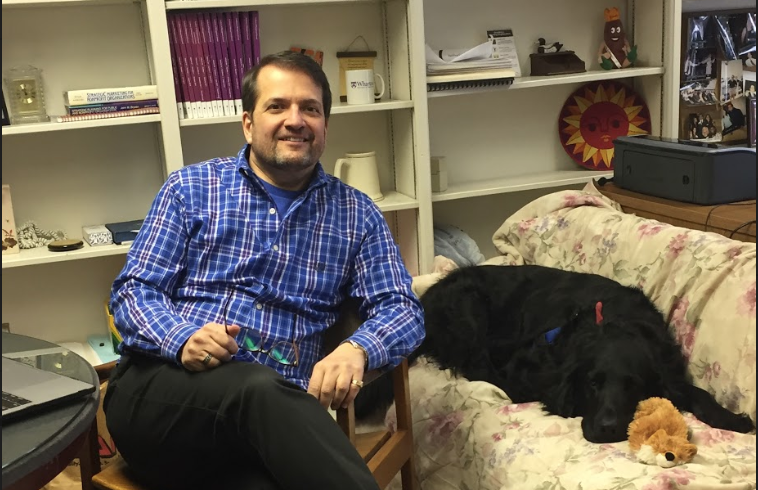
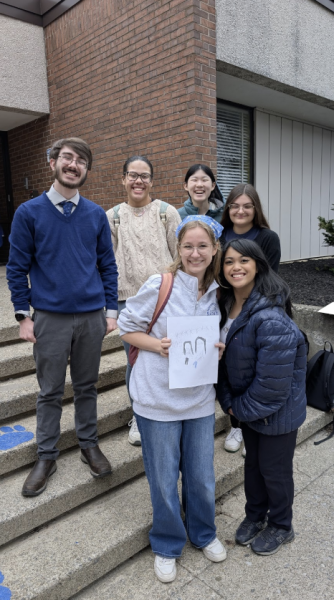
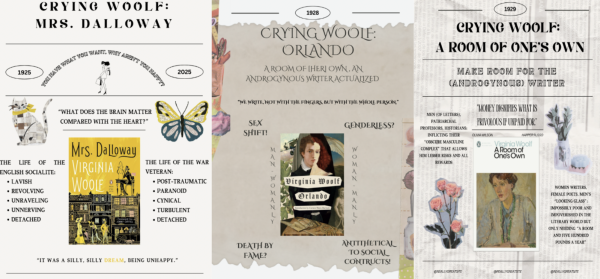
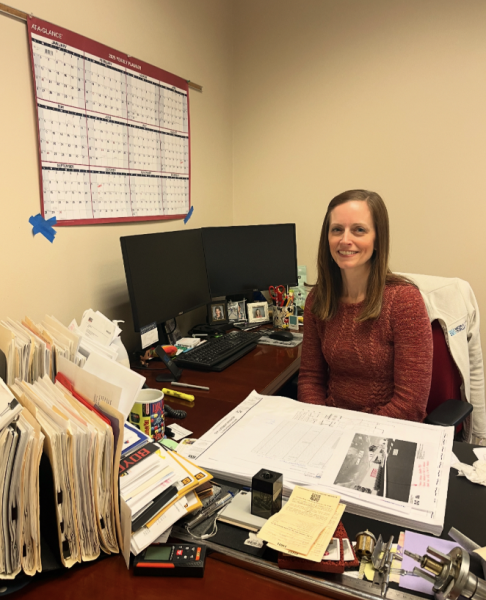
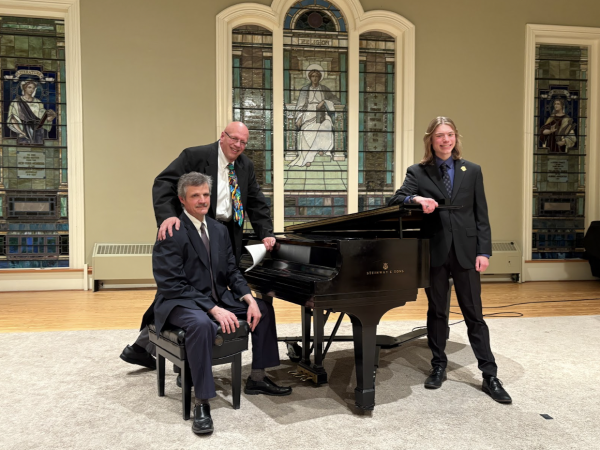
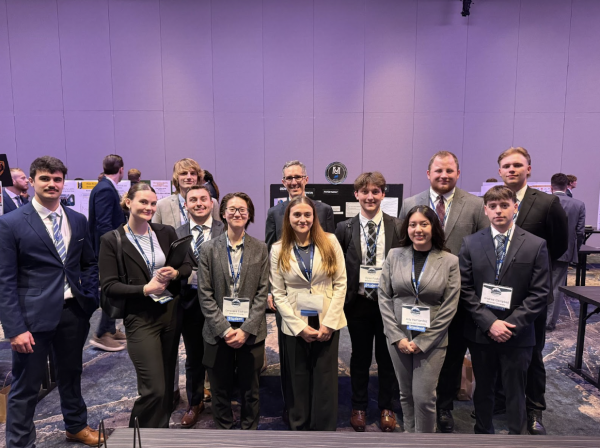
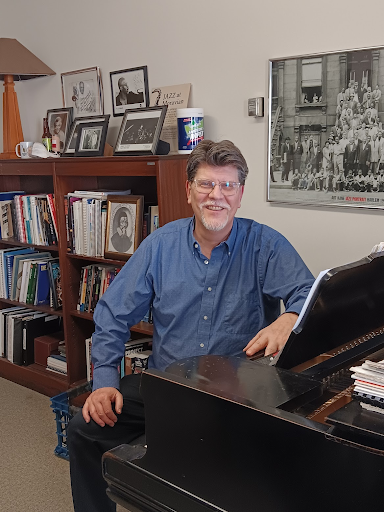
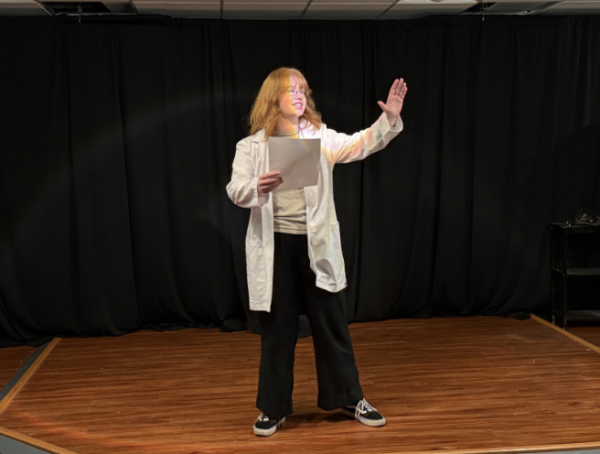
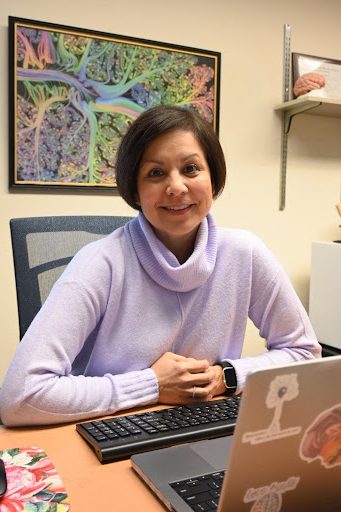
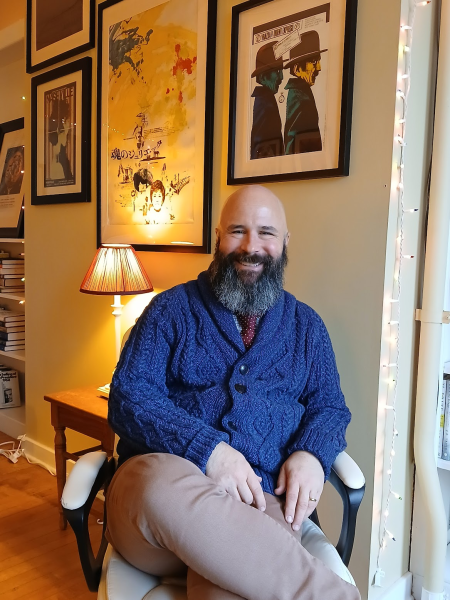
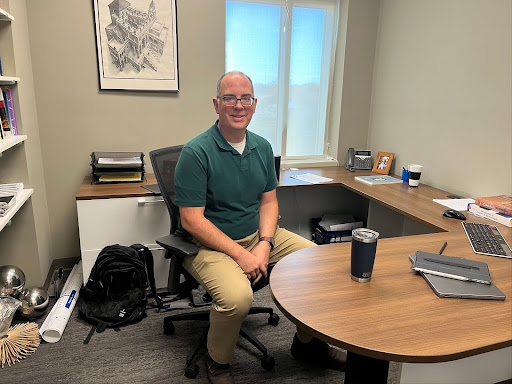
Steve Rhoads • Mar 1, 2019 at 1:25 pm
Very good article on a person I consider to be a mentor of mine. Actually, I did know the history of Dr. Marabella being adopted. It is one of the lectures/discussions in the capstone management MBA class taught by Dr. Marabella. I learned a great deal in this class. I can agree with Dr. Marabella’s analysis of employees being “disengaged”. In all aspects of life, we need to take our engagement seriously.